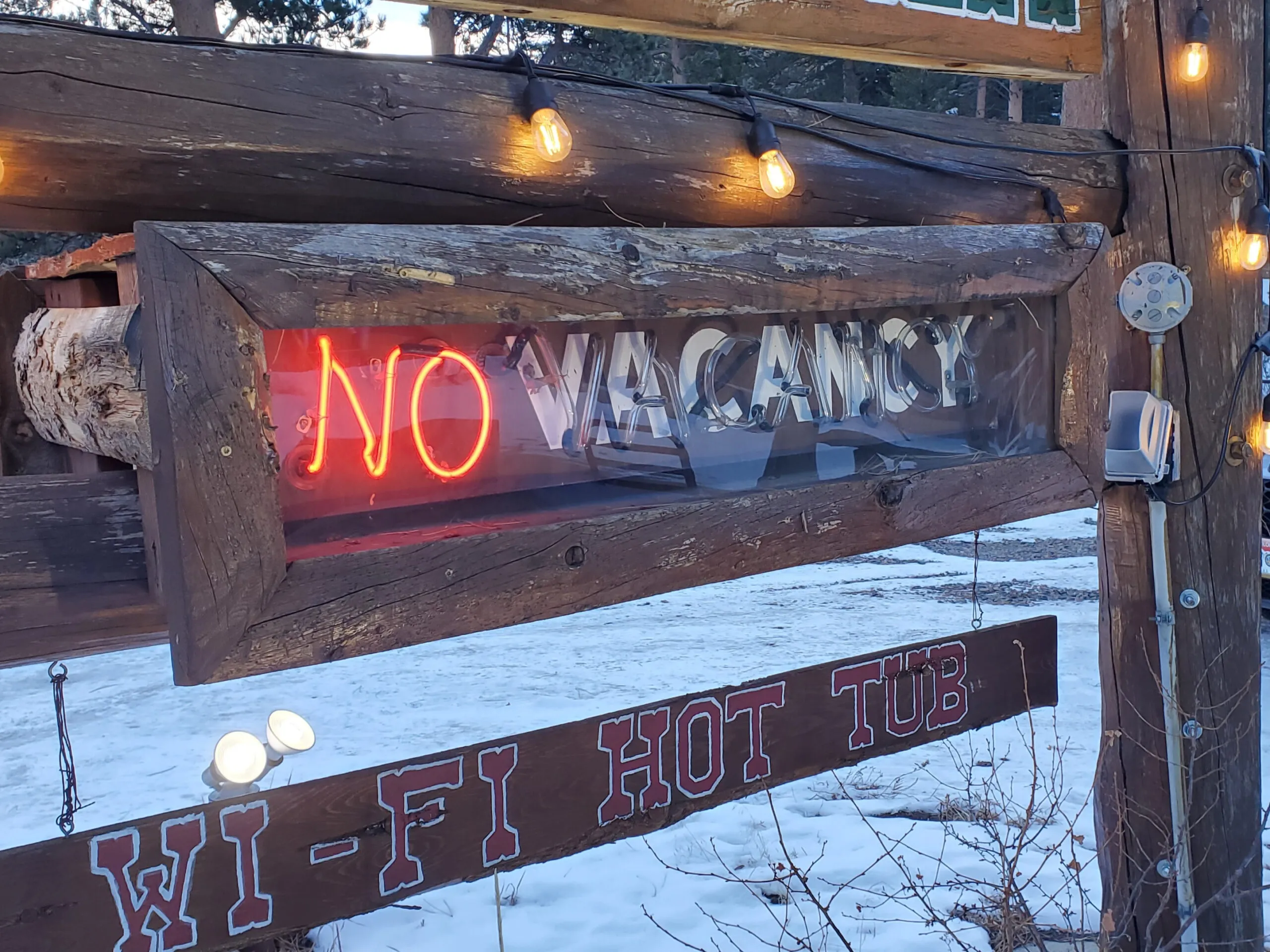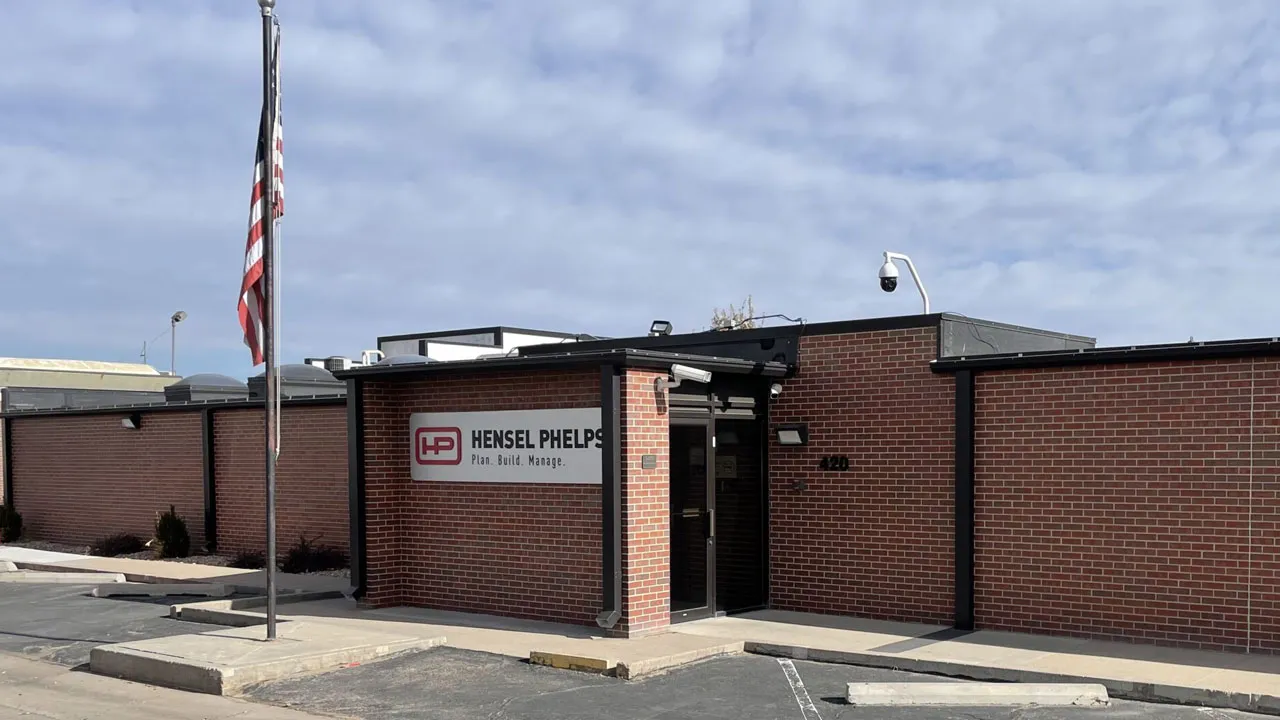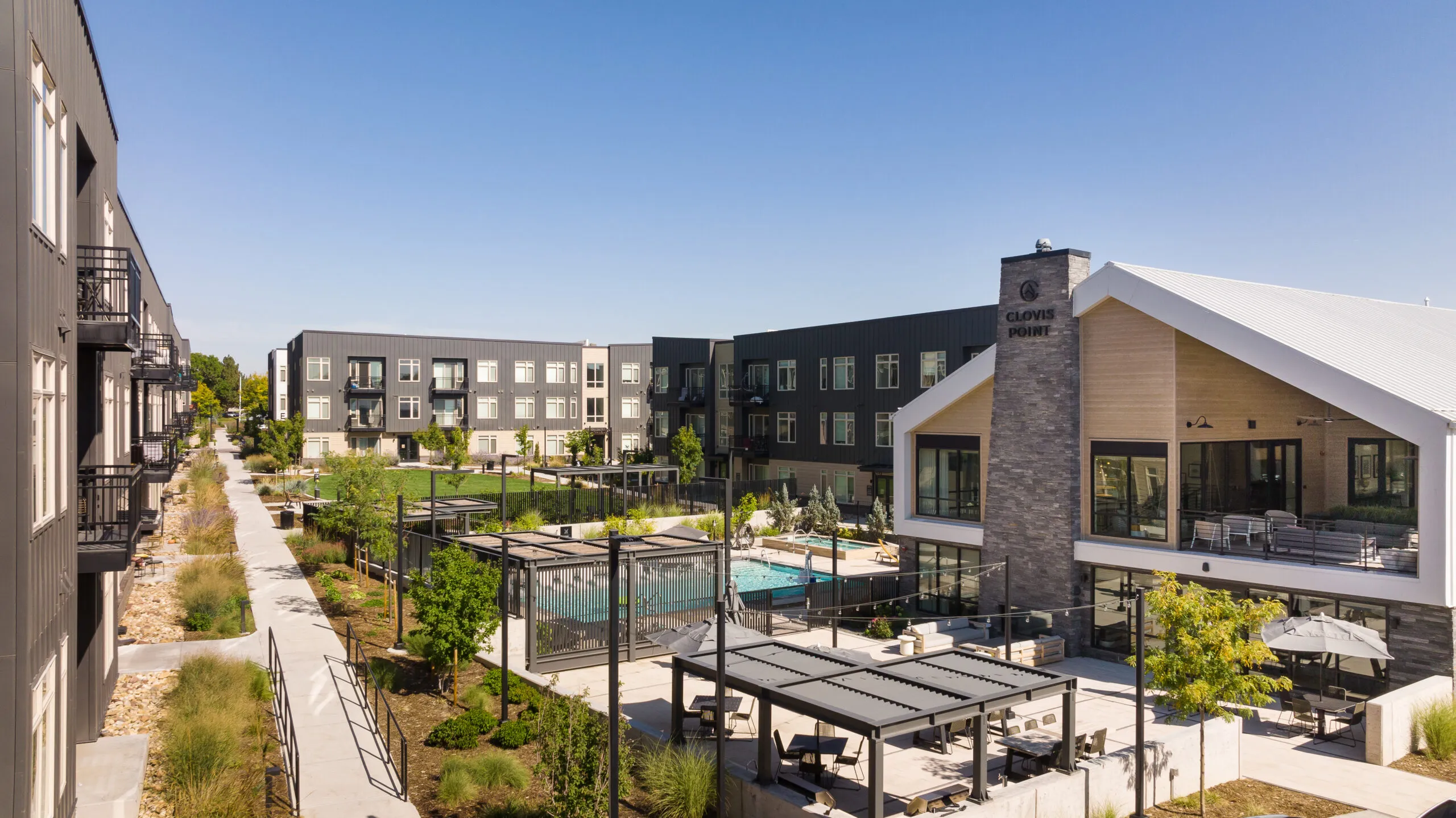Hot industrial market may be turning to ‘murky’
With commercial real estate properties leaking oil across the nation — some say in advance of a catastrophic downturn — Northern Colorado is still showing some bright spots.
Some. Because those bright spots come in terms of fairly specific industrial properties, largely located along the major transportation corridors and featuring industrial users with the need and the where-with-all to get deals done.
“I have a lot going on,” said Jeremy Kroner, senior vice president of Advisory and Transaction Services with CBRE Boulder. “They are bifurcated with a lot of development along the I-25 (U.S. Interstate-25 corridor and on (U.S. Highway) 36.”
Kroner said…
THIS ARTICLE IS FOR SUBSCRIBERS ONLY
Continue reading for less than $3 per week!
Get a month of award-winning local business news, trends and insights
Access award-winning content today!




